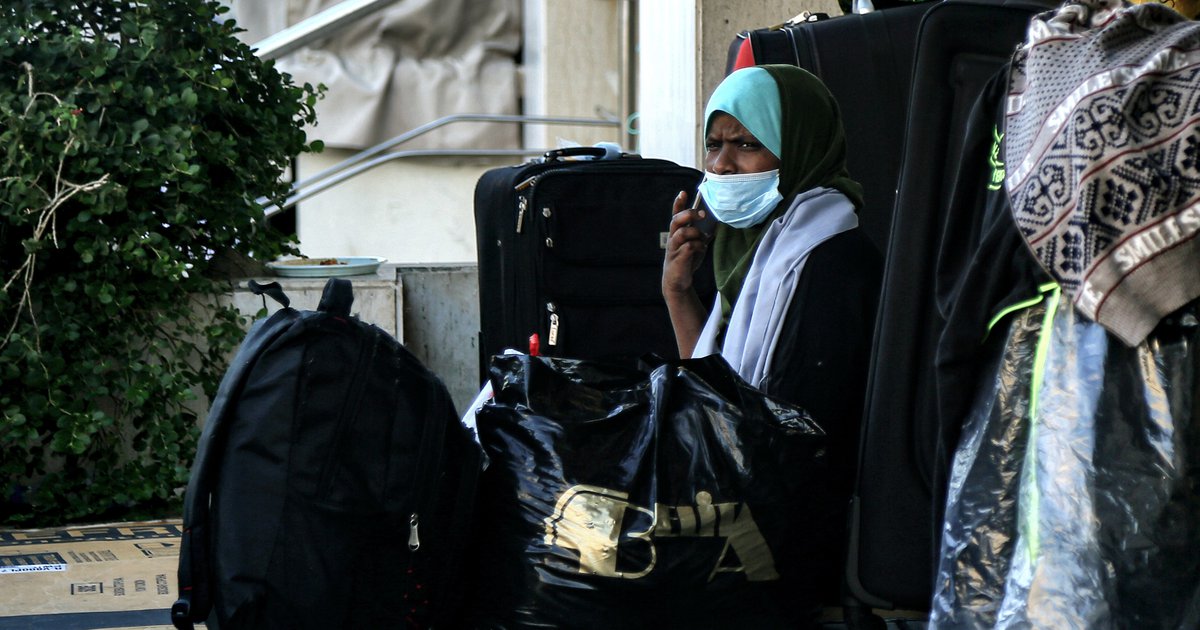Saudi Arabia and the United Arab Emirates host respectively the third and fifth largest migrant populations in the world. These are mostly low-skilled migrants employed in construction or hospitality sectors, or work as domestic workers.
COVID-19 has not created, but it has unveiled the conditions under which migrant workers in Arab countries live. The pandemic has unveiled two sides of their suffering: racism and socio-economic inequalities.
Panic and fear of the COVID-19 virus has increased already existing racist attitudes against migrant workers. This is the case for example of one famous Kuwaiti actress who asked her government to “send [expatriates] out… put them in the desert” to make room in hospitals for citizens who may get infected with the virus.
Economically, the pandemic has highlighted the unjust working conditions of migrant workers in the region. GCC states, Lebanon and Jordan operate different versions of the kafala sponsorship system, a labor-sponsorship program that generally carries a large set of discriminatory policies which ties the workers’ legal right to be in the country to their contracts. The International Labour Organization (ILO) committee responsible for evaluating the state of application of international labor standards, has noted that “the kafala system may be conducive to the exaction of forced labour and has requested that the governments concerned protect migrant workers from abusive practices”. These practices include unpaid wages, forced labour, dangerous working conditions and unsanitary accommodation facilities.
However, if there is one positive message of the COVID-19 crisis is that these inequalities have put everyone at risk, not only migrant workers. Lack of healthcare services, dangerous working conditions and unsanitary accommodation facilities threaten the whole society.
The pandemic has also been an opportunity to rethink the unequal working conditions of migrant workers. Some Arab governments have tried to introduce some measures to address such risks. The Lebanese government has committed to offering free testing for COVID-19 to residents and citizens. The Saudi king has ordered free treatment be provided to all coronavirus patients in all government and private health facilities including citizens and residents – even those in violation of residency laws. Some governments have announced measures to alleviate financial risks for some workers, as is the case with the Qatari government which has asked the employers to pay all workers who are isolated or quarantined, their basic salary and allowances regardless of whether they are entitled to sick leave or not.
PrintGeorges Fahmi | Radio Free (2020-06-29T00:00:00+00:00) For migrant workers in the MENA, flattening the curve of inequality is urgent. Retrieved from https://www.radiofree.org/2020/06/29/for-migrant-workers-in-the-mena-flattening-the-curve-of-inequality-is-urgent/
Please log in to upload a file.
There are no updates yet.
Click the Upload button above to add an update.
